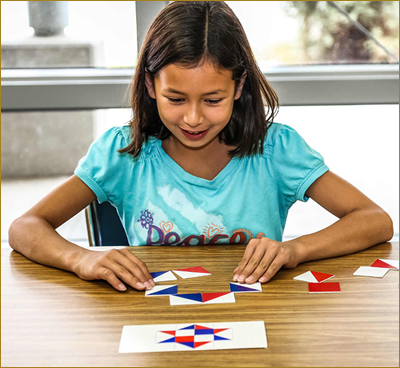
A recent Newsweek article stated that "42% of parents believe there's 'great need' for children to receive private outside tutoring.
Why is this?
A variety of reasons really. Many parents are looking for "the basics" as a countermeasure to "educational innovations" in the last 30 years. Some are looking to build up their child's self-esteem with individual attention. Others are looking for their children to get ahead through "pre-literacy" and enhancement programs.
But what if your child has a learning disability and tutoring didn't work?
" But we've done tutoring. Why didn't it work?"
Even with the finest teachers and great effort, most students with moderate to severe learning disabilities have never had their problems "remedied" (corrected). Students with learning disabilities have differences in the way that they process, or think about, information. Many tutoring centers do an excellent job of teaching basic skills. However, if there is something different or breaking down in the students' information processing, they may not be able to hang onto or use the skills they are taught. Some therapies for learning disabled students focus specifically on developing thinking processes. While this is important and may help the student to be more comfortable, teaching processing alone does not generally teach a student to read.
If tutoring, special education, individual instruction, and extraordinary help from parents did not work before; it is not because your child can't learn. The key to unlocking a learning disability lies in a combination of developing the underlying/supporting thinking processes, as well as "laying down" the basic academic skills. Working on either area by itself may make some temporary gains, but will not long-term correct the learning difficulties.
What is the difference between tutoring and educational therapy?
Tutoring generally focuses on one or more of the following areas:
a> Basic academic skills
b> Specific subject areas (Algebra, History, English, etc.)
c> Study skills
d> Test preparation
e> Enrichment.
Tutoring is very beneficial for students, who are behind, need a little extra support to keep up, have specific needs in particular subjects, and who want to get ahead. Educational therapy focuses on developing thinking processes as well as basic skills. At the LEARNING CENTRE of NIBS, processing development may include:· Memory training· Attention awareness and control· Phonemic awareness. For further deatils, please
contact us.

